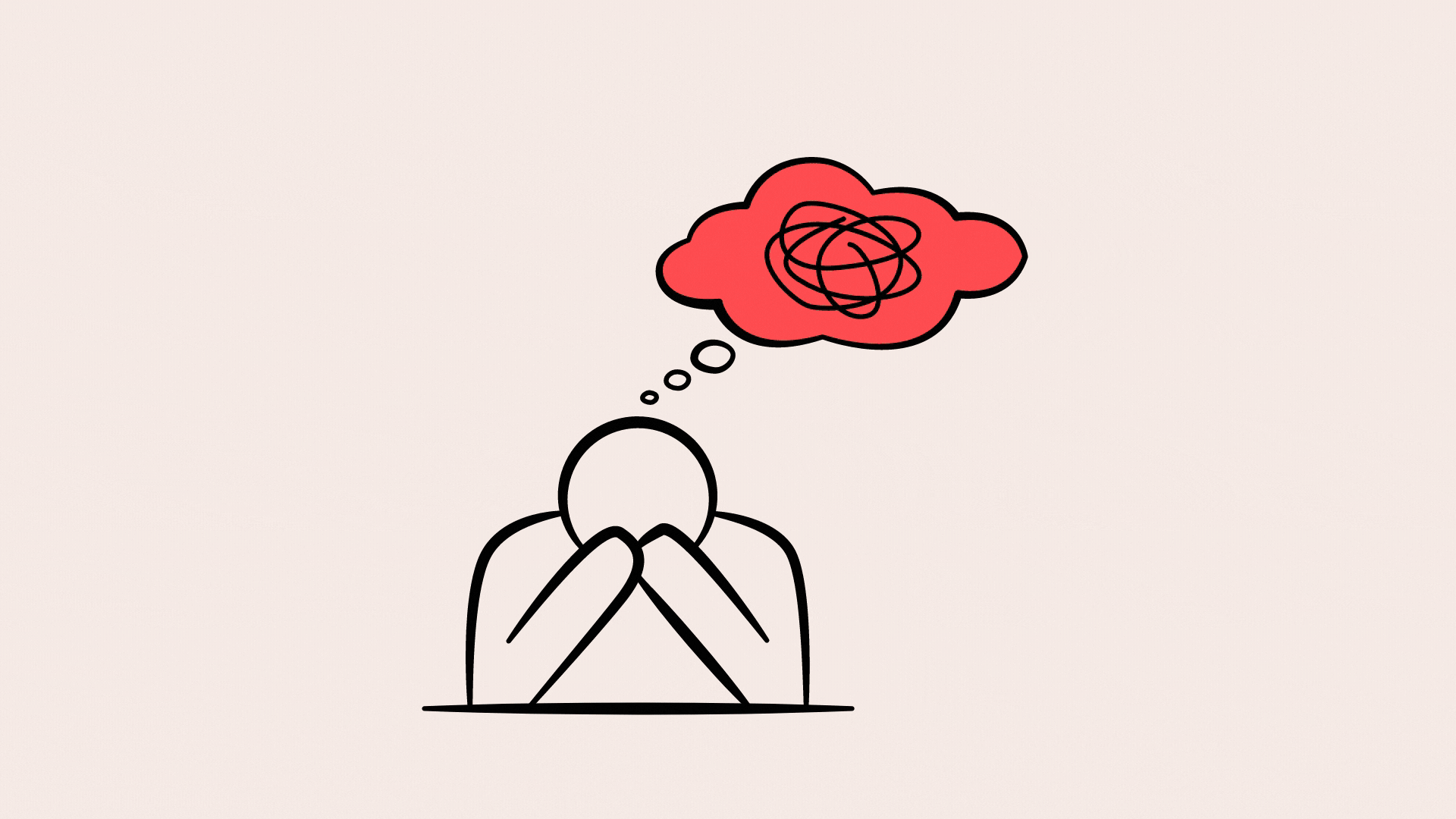Yoga and its benefits
Yoga is an ancient practice originating in India that combines physical postures, breathing exercises, and meditation. It has been used for thousands of years as a way to promote physical and mental well-being. One of the most well-known benefits of yoga is its ability to improve flexibility and balance. The physical postures, or asanas, are designed to gently stretch and strengthen the muscles and joints, which can help to improve range of motion and prevent injury. In addition to its physical benefits, yoga has also been shown to have a positive impact on mental health. The practice of yoga encourages relaxation and mindfulness, which can help to reduce stress, anxiety, and depression. The deep breathing and meditation techniques used in yoga can also help to reduce feelings of anxiousness and promote better sleep. Yoga can also be beneficial for overall cardiovascular health. Research has shown that practicing yoga can lower blood pressure, improve circulation, and decrease heart rate. Additionally, yoga can be an effective tool for weight management. The combination of physical postures and mindful breathing can help to increase metabolism and burn calories, making it a great addition to a weight loss or fitness routine. Yoga is also adaptable to different ages, fitness levels, and health conditions, making it a safe and accessible form of exercise for people of all ages and abilities. In conclusion, yoga is an ancient practice that combines physical postures, breathing exercises, and meditation to promote physical and mental well-being. It has been shown to improve flexibility, balance, cardiovascular health, mental health and can also be used for weight management. It is a safe and accessible form of exercise for people of all ages and abilities.

How does yoga help one’s mental health -
Yoga can have a positive impact on mental health by promoting relaxation and mindfulness. The combination of physical postures, deep breathing, and meditation can help to reduce stress, anxiety, and depression. Physical postures, or asanas, help to relax the body and release tension. The deep breathing exercises, or pranayama, used in yoga can also help to reduce feelings of anxiousness and promote better sleep. Meditation and mindfulness practices in yoga can help to reduce the negative effects of stress, such as high blood pressure, and improve overall well-being. The mindfulness aspect of yoga encourages practitioners to focus on the present moment and release thoughts about the past or future, which can help to decrease feelings of anxiety and depression. Yoga can also enhance self-awareness and self-esteem, which can be beneficial for those struggling with mental health issues. Additionally, yoga has been found to be effective in reducing symptoms of mood disorders, such as depression and anxiety. It has also been found to be effective in reducing symptoms of PTSD, OCD, ADHD, and eating disorders. In summary, yoga can help to reduce stress, anxiety, and depression by promoting relaxation and mindfulness, helping to release tension, reducing negative effects of stress, enhancing self-awareness and self-esteem, and also reducing symptoms of various mental health disorders.
